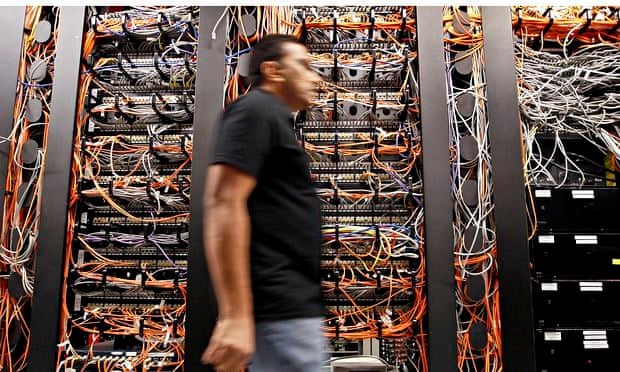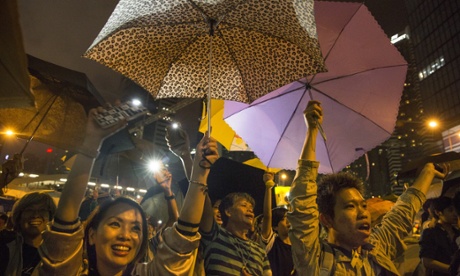Section 1: We should only receive good quality news if we pay for it or we should be able to receive any news as we haven't exchanged anything for it
Section 2: The gate keepers of the big industry newspapers need to jump in and take control of the viewer's ability to receive news and make them pay for it, enabling professional journalists do their job rather than leaving it to citizen journalists.
Section 3: The internet wasn't perceived to be what it is and was underestimated by the big conglomerate newspapers at the start - it was just ignored and turned out to be the biggest medium in the world.
Section 4: Three scenarios are presented by David Simon, the first being the pay wall is successful and that the audience is willing to pay for quality news, the second scenario being that newspapers become local to their regions and online pay walls are put up. The final scenario states that all small newspapers are deprived of its essential content and only unique and essential newspapers would have survived.
Simon portrays his view about the decline of the printing industry in news by first stating what is unique about about the major gatekeepers of news such as The New York Times and The Washington Post and what it is about these papers that make them sell. He also mentions paying for high quality news rather than receiving it for free due to lack of revenue to the institution and how citizen journalism isn't professional. David Simon speaks on the rise on the internet and how it was underestimated by the news industry and never acknowledged and after they realised the true potential of the internet too much damage to the news industry had been done by new digital media and then provided three potential scenarios one that is beneficial to all, one that is a complete balance and the third is the where that newspaper industry only survives through the unique institutions.
Comments:
If news were not free, there would be enough people willing to pay for it to cover the cost of producing it. But suppose the New York Times suddenly started charging for online access; althought it is a great newspaper, I probably wouldn't pay for it. There are just too many free alternatives that are almost as good. Even if (for example) no other online news source were as good as the Times, the remaining news sources will collectively fill the gap.
The economic parlance, you have goods which are near perfect substitutes. If I can't read Paul Krugman's column, I can go read some other noble prize winning economist's latest available(and accessible) column. Likewise, if I can't read Thomas Freidman, I can get the same kind of hype from a used car lot advertisement.
So I think, maybe, a number of major papers would have to work in concert to significantly degrade the free online news world. In other words - again in economic parlance - they might have to collude.
The news industry needs something like OPEC.
I fully agree with David Simon.
The big dogs of journalism must act soon and decisively if they want to save the virtues and quality that define the very notion of their profession.
I'd really rather pay for a good, interesting, unbiased, informative, product of journalism than read amateur bloggers who jot down a few sentences and then cover half of the screen with screaming advertisements.
Newspaper companies run a business, and businesses need to make money. They need to cut cost and/or find other revenue sources to stay in business. There are news websites that offer premium contents for paid subscription, such as Wall Street Journal. But a large percentage of the contents are free because there won't be enough visiting to generate any meaningful money through advertisements otherwise. In other words, free contents act as "search engine optimization" to bring in traffic from search engines as well as getting repeat visitors. Balancing the two (paid vs. free), with system in place to measure revenue and cost in real-time will separate the survivors and those headed for extinction.
My Opinion:
My opinion is that the gatekeepers of the news industry should put up a pay wall other wise quality researched news will not be provided due to the lack of professional journalists working. if less revenue is being made the news conglomerates will have to make cuts resulting in the the institution making employees redundant. Also, the pay wall would be no more expensive than the newspaper and being abe to receive it with out having to pick it up is a bonus the convenience of online news is enough to put up a pay wall.







